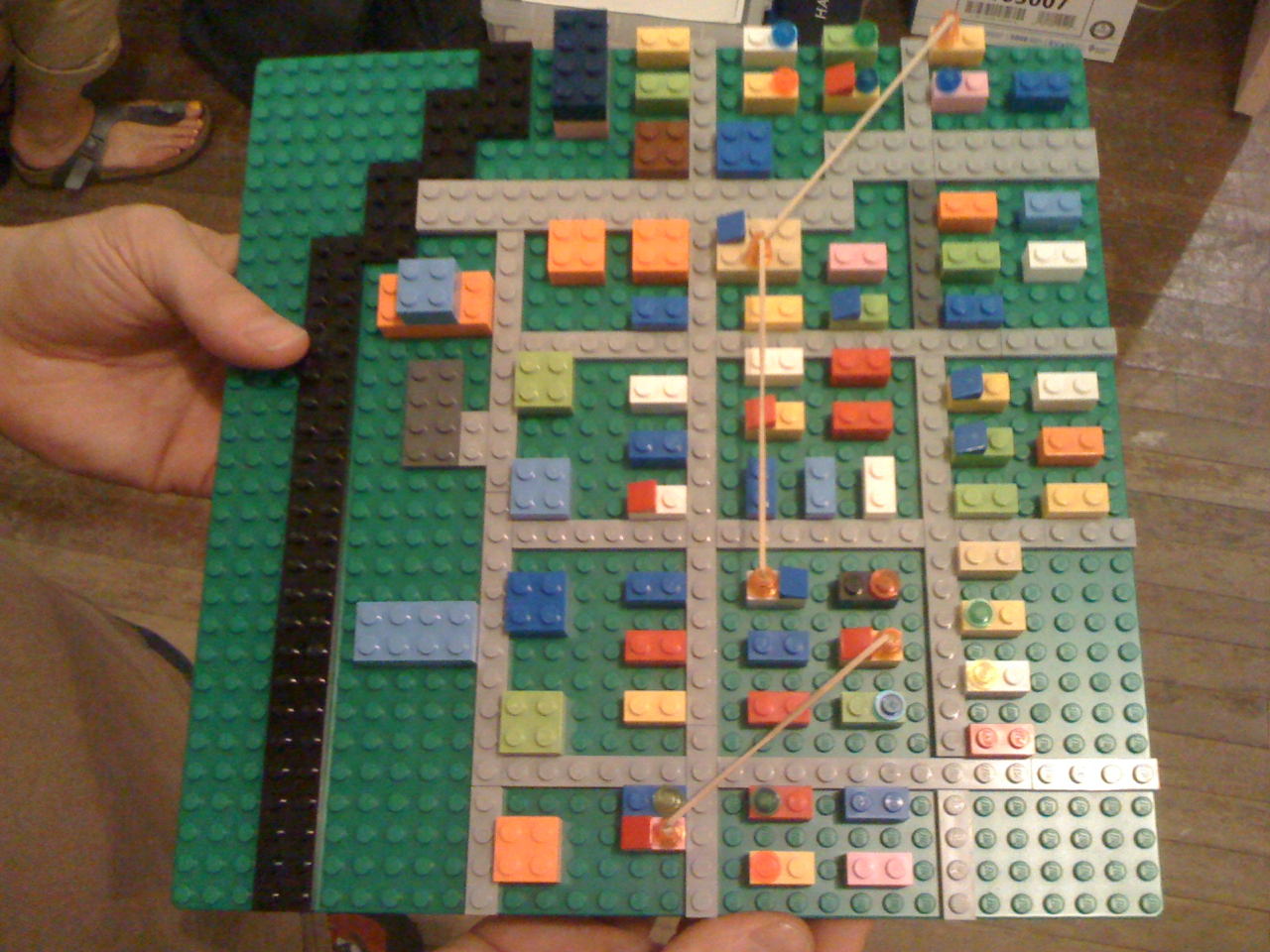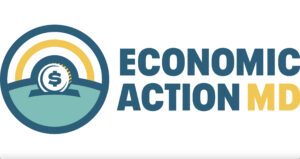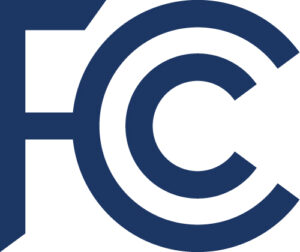As I shared in a previous post last year, I am writing on book on Digital Equity Ecosystems that will be published by the University of California Press in 2025. As I have been working on the book, I realized that the definition that I’ve been using from my work with Susan Kennedy, published by the Benton Institute for Broadband & Society in 2020, needed to be slightly revised.
Here is the definition of Digital Equity Ecosystems that I will be using for the book.
Digital equity ecosystems are interactions between individuals, populations, communities, and their larger sociotechnical environments that all play a role in shaping the work to advance digital equity as a social, economic, and racial justice goal. (Rhinesmith, 2024)
This definition has also been updated on our Digital Equity Research Center website to reflect the change above.
The main update to this earlier definition centers around the last part of the definition, which seeks to recognize and highlight digital equity not only as a social, economic, and racial justice issue, but also as an important goal for our society to achieve. There are several reasons why this matters and why it has become a central focus of my book.
One reason for this update is that it honors the definition of digital equity that I have been using in several recent reports and publications, which comes from an article by Judge, Puckett, and Cabuk (2004) published in the Journal of Research on Technology in Education. This definition is found below.
Digital equity is a social justice goal of ensuring that all students have access to information and communications technologies for learning regardless of socioeconomic status, physical disability, language, race, gender, or any other characteristics that have been linked with unequal treatment. (p. 383)
This definition of digital equity also recognizes that digital equity, which from my own research I’ve found, seems to have a much longer history of use within the K-12 education field. The phrase digital equity was adopted more broadly in the digital inclusion field only more recently and included on the National Digital Inclusion Alliance’s definitions webpage.
The second reason why I have updated my definition of Digital Equity Ecosystems, to highlight digital equity as a social, economic, and racial justice issue, is because the Infrastructure Investment and Jobs Act includes what I still believe to be one of the most important lines in the entire 1,000+ page legal document. The line can be found under SEC. 60303.
It is the sense of Congress that—(5) achieving digital equity is a matter of social and economic justice and is worth pursuing.
Because communities most impacted by digital inequities include poor communities and communities of color, addressing these inequities are essential to advancing racial justice as a goal. Therefore, I have included racial justice in my definition of Digital Equity Ecosystems for the book.



